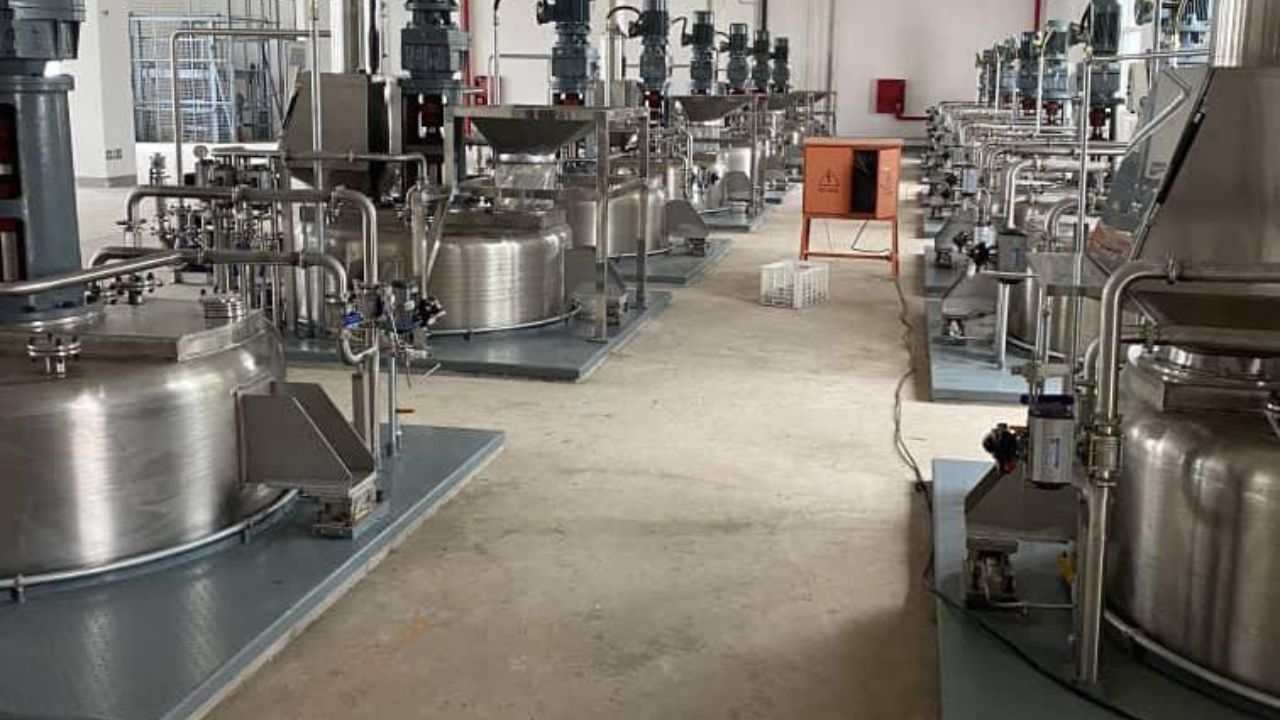Tank scales, hopper scales, and silo scales are specialized weighing systems used in various industrial applications to accurately measure the weight of liquids, solids, or bulk materials. These scales play a crucial role in industries such as manufacturing, agriculture, food processing, chemical processing, and more, where precise measurement of materials is essential for quality control, inventory management, and process optimization.

Tank Scale: A tank scale is designed to weigh the contents of tanks, vessels, or containers holding liquids or gases. These scales can be used for measuring the inventory of liquids like chemicals, fuels, oils, and water. They are equipped with load cells or other sensing mechanisms that measure the force exerted by the weight of the contents, converting it into an accurate weight reading. Tank scales are commonly used in industries such as oil and gas, chemical processing, and water treatment.
Hopper Scale: Hopper scales are used to weigh materials stored in hoppers or bins. Hoppers are containers designed to store and dispense bulk solids like grains, powders, or granular materials. These scales are crucial for industries such as agriculture, mining, and construction, where accurate measurement of bulk material quantities is necessary. Hopper scales often include features to prevent material buildup and ensure consistent flow during the weighing process.
Silo Scale: Similar to hopper scales, silo scales are used to measure the weight of bulk solids. However, silo scales are specifically designed for large storage structures called silos, which can hold significant quantities of material. Silo scales are used in industries such as agriculture, food processing, and cement production. They help monitor inventory levels, manage material logistics, and ensure efficient production processes.

Key features and considerations for these Tank/Hopper scales include:
Accuracy: Precision is crucial in industrial applications, so these scales are designed to provide accurate and reliable weight measurements.
Load Cells: The heart of these weighing systems is the load cell, which converts the force applied to it (from the weight of the material) into an electrical signal that can be measured and interpreted.
Material Compatibility: The scales must be compatible with the materials being weighed. For instance, some materials might be corrosive or abrasive, requiring specialized materials for construction.
Environmental Factors: Industries often operate in challenging environments, including temperature variations, humidity, and exposure to dust and chemicals. Scales need to withstand these conditions.
Integration: Many industries require the integration of these scales with other equipment, such as process control systems, inventory management software, and data logging systems.
Maintenance: Regular maintenance is essential to ensure accurate and reliable measurements over time. This includes calibrations and inspections.
Legal Metrology: In some industries, the weights measured using these scales might have legal implications for trade, taxation, or safety. Legal metrology standards and regulations might apply.
In summary, tank scales, hopper scales, and silo scales are specialized tools that contribute to the efficiency, quality control, and safety of various industries by accurately measuring the weight of liquids and bulk materials.

